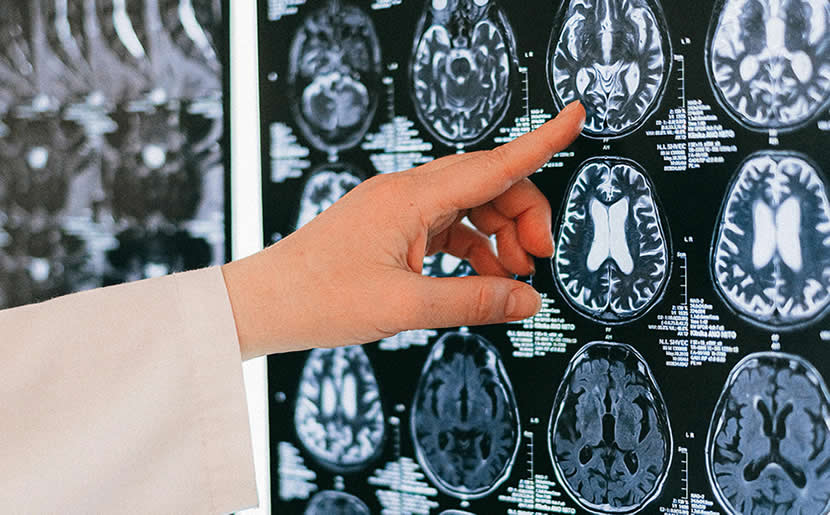Going No Contact With Someone Who Has BPD
When you’re in any kind of relationship with someone who has Borderline Personality Disorder (BPD), there are often many highs and lows to traverse. Even the kindest, most empathetic person can suffer through enough of the lows that they feel like enough…

























